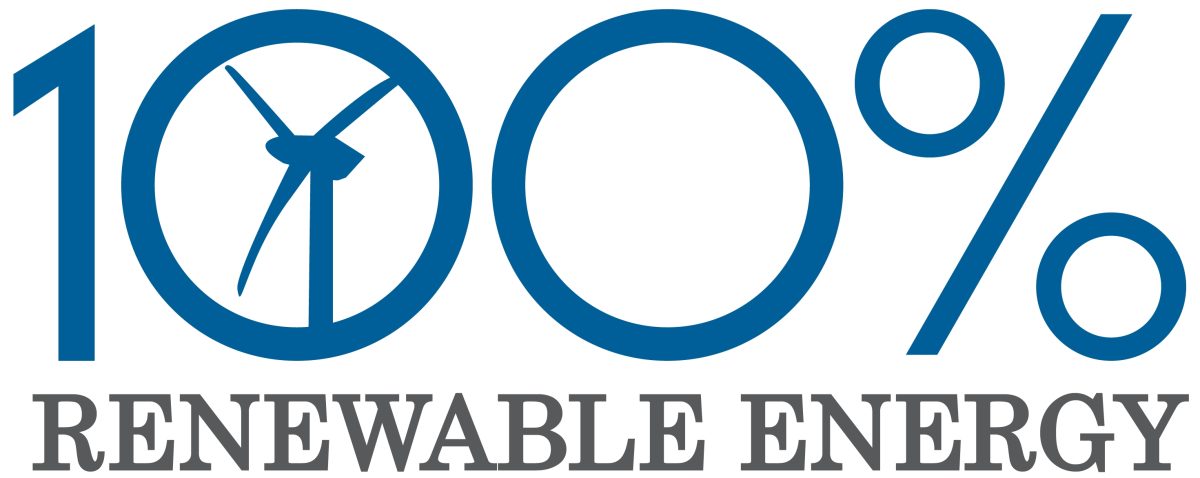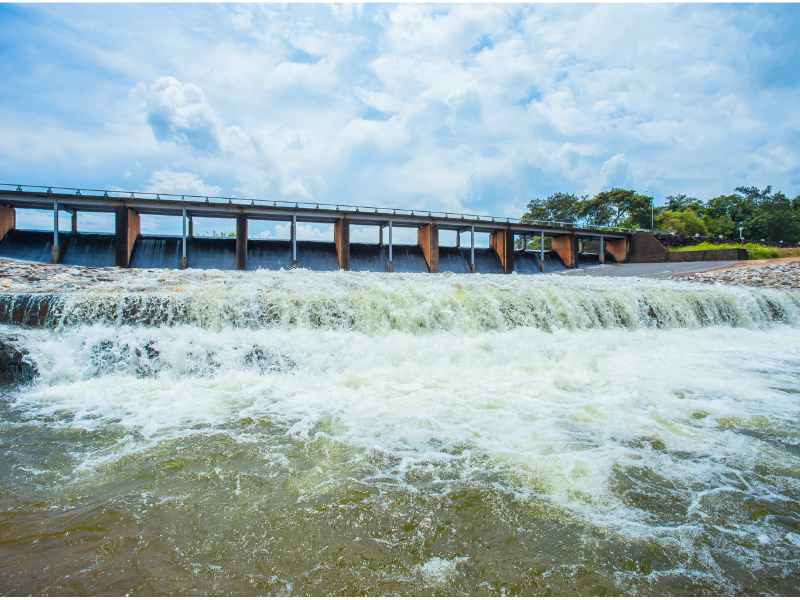

A multinational group of researchers have co-authored a paper to demonstrate that there are no roadblocks to sourcing 100% of a country’s power supply from renewable sources.
The researchers, from Germany’s Karlsruhe Institute of Technology, South Africa’s Council for Scientific and Industrial Research (CSIR), Finland’s Lappeenranta University of Technology, the Netherlands’ Delft University of Technology and Denmark’s Aalborg University, authored a response to the 2017 review paper by University of Adelaide researcher Benjamin Heard and his colleagues.
They questioned the feasibility of many of the recent scenarios for high shares of renewable energy, questioning everything from whether renewables-based systems can survive extreme weather events with low sun and low wind, to the ability to keep the grid stable with so much variable generation.
“While several of the issues raised by the Heard paper are important, there are technical solutions to all the points they raised, using today’s technology,” stated the lead author of the response paper, Karlsruhe Institute of Technology’s Dr Thomas Brown.
“Furthermore, these solutions are absolutely affordable, especially given the sinking costs of wind and solarpower,” said Lappeenranta University’s Professor Christian Breyer.
Co-author, and now former CSIR employee, Dr Tobias Bischof-Niemz, added, “It’s beyond any scientific doubt that a renewables-led energy system is technically feasible, and recent technology cost developments for solar and wind have now made it economically viable too.”
Brown cites the worst-case solution of hydrogen or synthetic gas produced with renewable electricity, for times when imports, hydroelectricity, batteries and other storage fail to bridge the gap during low wind and solar periods during dark European winters.
Luckily, this is a problem that South Africa with very little seasonality in solar supply does not need to worry about too much.
More importantly, the stability of the grid poses specific challenges in South Africa with existing low levels of interconnectivity with neighbours. To maintain stability, there are a series of technical solutions, from rotating grid stabilisers to newer electronics-based solutions.
The scientists have collected examples of best practice by grid operators from across the world, from Denmark to Tasmania.
The response by the scientists has now appeared in the same journal as the original article published by Heard and his colleagues.
“There are some persistent myths that 100% renewable systems are not possible,” says Aalborg University’s Professor Brian Vad Mathiesen. “Our contribution deals with these myths one-by-one, using all the latest research.”
More news
- PART 2: CONCRETE IN THE DESIGN OF A UNIQUE LUXURY HOME IN GEORGE, SOUTH AFRICA
- PART 1: CONCRETE IN THE DESIGN OF A UNIQUE LUXURY HOME IN GEORGE, SOUTH AFRICA
- MVULE GARDENS, AFRICA’S LARGEST 3D-PRINTED AFFORDABLE HOUSING PROJECT
- PART 3: HARNESSING THE POTENTIAL OF HIGH SULPHUR FLY ASH IN CONCRETE PRODUCTION
- PART 2: HARNESSING THE POTENTIAL OF HIGH SULPHUR FLY ASH IN CONCRETE PRODUCTION





